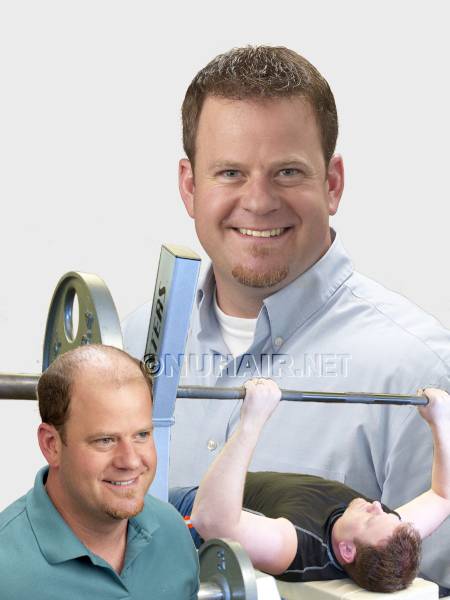
Men's Hair Loss
Texas Guide to men’s hair loss (alopecia): Prevention, Treatment & Solutions
Men losing hair, facing baldness or thinning hair are concerns for both young and mature men. Most men experience at least some degree of hair loss in their lifetime, with the numbers increasing continuously with age. Hair loss can affect about 85% of men in the USA. Most men, as they age, will have some form of hair thinning or baldness problem. By their late 20’s, approximately 12% of men experience some hair loss. By the time a man is in his 50s, he has a greater than 50% chance showing some genetic baldness.
The progression of men’s hair falling out
Some men start losing hair by showing thinning hair all around the scalp, while others develop a slight hair loss as a bald spot at a particular area. Also, some individuals have complete hair loss or total baldness within a short time, according to hair restoration specialists in Dallas, Texas. Because medical condition hair loss can mimic the diffuse pattern seen in hereditary hair loss, a careful diagnostic evaluation is necessary.
Can a bald man grow hair back? With complete bald scalp, the hair follicles are already dead, and hair doesn’t revive. At the early stages of thinning hair, there is a good prospect for stopping the hair from continuing to fall, and hair can be grown back with the right products.








